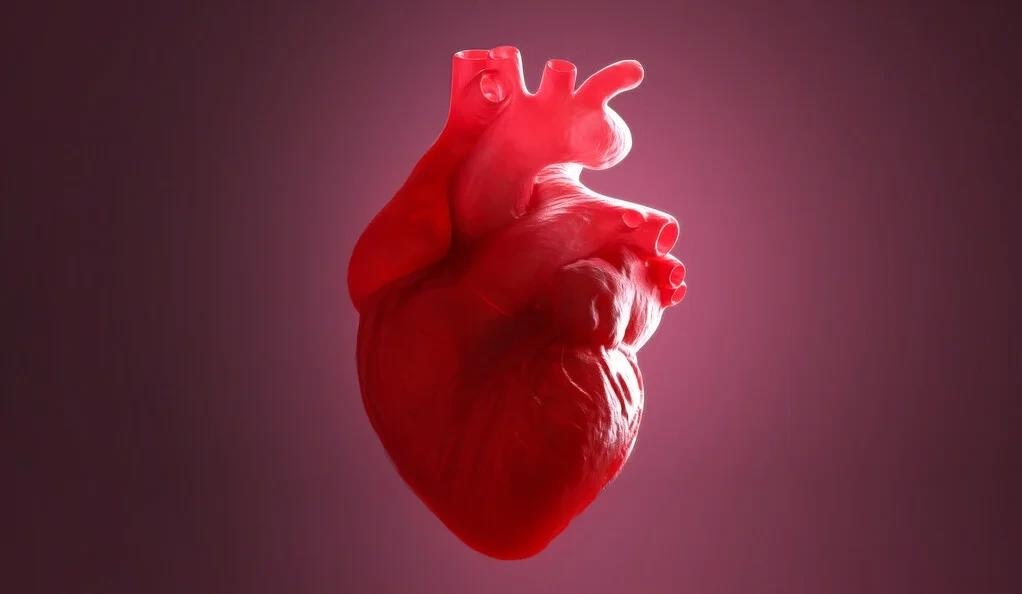Reviewed by Danielle Ellis, B.Sc.May 8 2023
Public health experts discovered an increase in cases of myocarditis, an inflammation of heart muscle, after the introduction of the new COVID-19 vaccinations two years ago, particularly in young males who had received mRNA vaccines. But just what was driving this response was not evident.

Image Credit: stock.adobe.com
Researchers from Yale University have discovered the immune signature of these episodes of heart inflammation.
These results, which were published on May 5th, 2023 in the journal Science Immunology, disprove some of the proposed reasons for the heart inflammation and offer prospective solutions for further lowering the prevalence of a still extremely uncommon vaccine side effect, according to the scientists.
Myocarditis is a typically mild heart tissue inflammation that can result in scarring but normally goes away within days. Males in their teens or early 20s who received mRNA vaccines, which are created to trigger immune responses, particularly to the SARS-CoV-2 virus, showed a higher incidence of myocarditis during vaccinations.
The Centers for Disease Control and Prevention (CDC) report that between 22 and 36 men aged 12 to 17 per 100,000 had myocarditis within 21 days after getting a second dose of the vaccination. The frequency of myocarditis among men in this age group who were not immunized ranged from 50.1 to 64.9 cases per 100,000 following COVID-19 virus infection.
The Yale research team examined in-depth the immune responses in those uncommon occurrences of myocarditis among vaccine recipients for the current study. Akiko Iwasaki, Sterling Professor of Immunobiology, Inci Yildirim, Associate Professor of Pediatrics and Epidemiology, and Carrie Lucas, Associate Professor of Immunobiology, served as the team’s leaders.
They discovered that the heart inflammation was not caused by the vaccine’s production of antibodies, but rather by a more extensive immune cell and inflammatory response.
The immune systems of these individuals get a little too revved up and over-produce cytokine and cellular responses.”
Carrie Lucas, Study Lead, Associate Professor, Immunobiology, Yale University
According to earlier studies, extending the interval between vaccinations from four to eight weeks may lower the risk of myocarditis development.
According to CDC research, Lucas added, those who are unvaccinated and get the COVID-19 virus have a considerably higher chance of developing myocarditis than people who have had vaccinations. She stressed that the best defense against diseases linked to COVID-19 is vaccination.
I hope this new knowledge will enable further optimizing mRNA vaccines, which, in addition to offering clear health benefits during the pandemic, have a tremendous potential to save lives across numerous future applications.”
Anis Barmada, Study Co-First Author and PhD Student, Yale School of Medicine